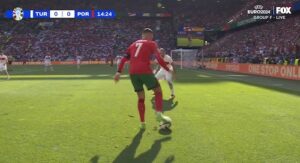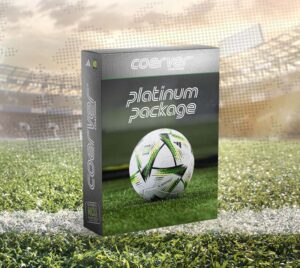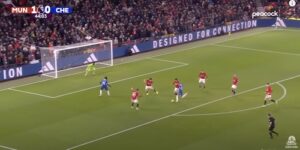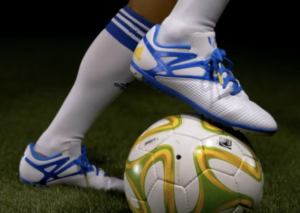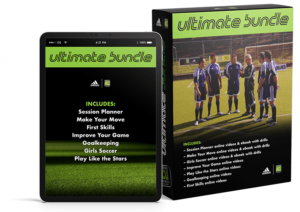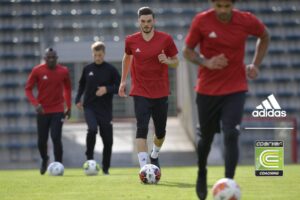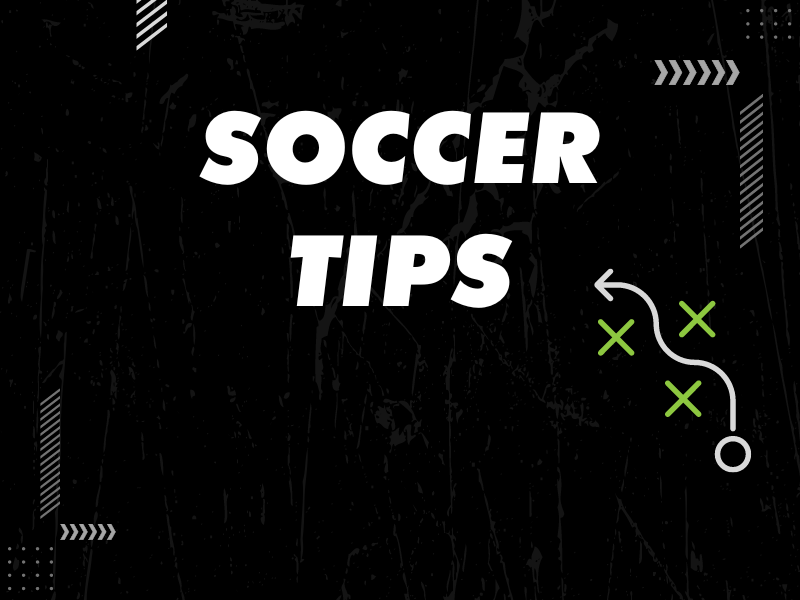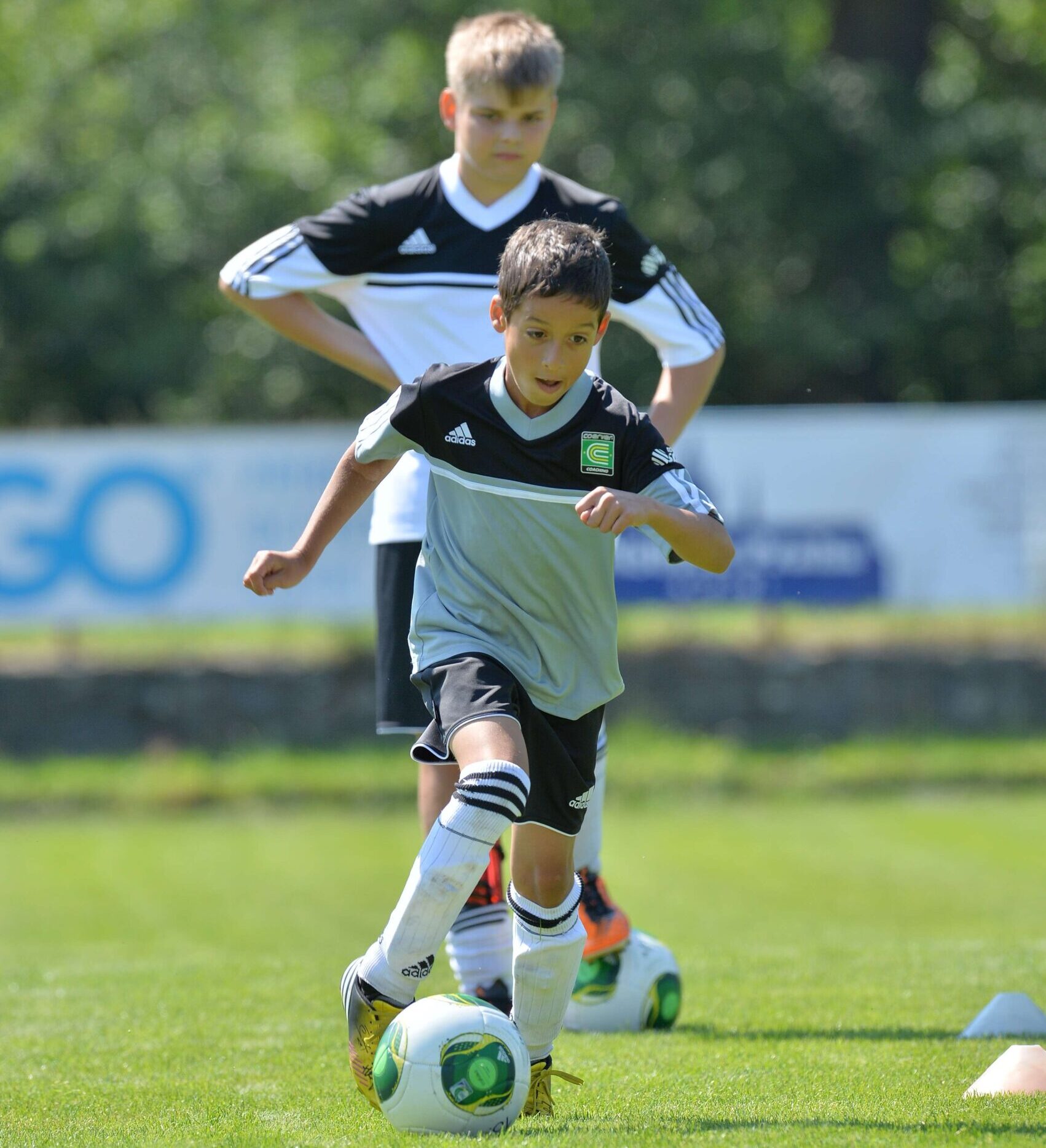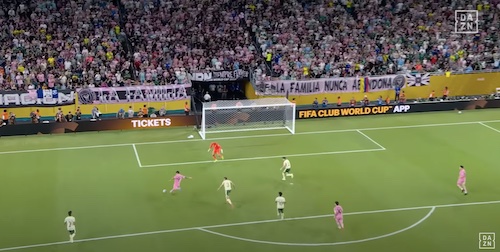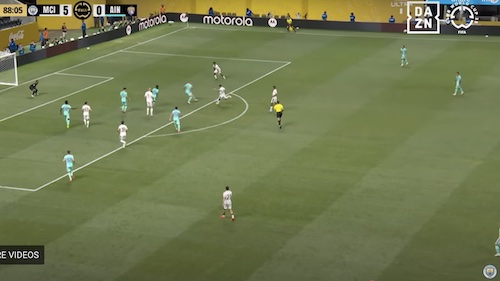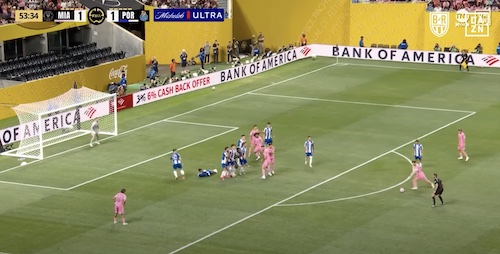I’m guessing every soccer player misses those orange slices at halftime when they played youth soccer. But now we’re passed those days and are getting older and the games are getting more important and intense. That’s why it’s crucial to take care of your body and eat right, below are five nutrition tips to elevate your soccer game to the next level.
Head of Nutrition at Liverpool Football Club Mona Nemmer gives her insight into why nutrition is vital to football / soccer performance, at all levels.
1) All top level soccer players need protein for muscle growth and carbohydrates for energy. Protein comes from foods like chicken or fish and then carbohydrates comes from breads and pasta. With every main meal you eat try to incorporate a bit of both, and add a bit more carbohydrates on games days. Try to stay away from red meat, which has more fat.
2) As far as your diet goes overall, eat fruits and vegetables with each meal as well, a wide variety of colored fruits and vegetables is ideal, so you get a bigger variety of nutrients. Salads are an ideal way to get your vegetables and won’t make you feel sluggish or tired. Skip out on fast food and especially drinking soda, which is full of sugar. And don’t forget to eat after pretty quickly after you play a game or have a tough training session so your muscles can recover properly.
3) Eat your main meals two or three hours before big games so the food can digest. You’ll have to figure out what type of eating schedule makes you comfortable in terms of when you eat and how much before playing – stick to that routine going forward so your body is used to it. Often, your stomach will want to empty anything in it if you’re doing an intense workout or before a big game – that’s when you get those nerves of excitement and want to play with mostly an empty stomach. But again, you’ll figure out what works for your body and stomach.
4) Energy bars can boost your mood and level of play. Maybe you’ll feel better eating a protein bar an hour or so before the game just so you don’t run out of energy at the end of the game. Eat a full mid-day meal and then have a snack or energy bar an hour or so before the game. An interesting thing is you might feel kind of lethargic, tired or anxious before a big game but what you need is just some food in your stomach. Protein bars will give you a mental boost too, so you’re ready to go out and play your best soccer. It’s finding that balance where you have had enough to eat so you have energy but aren’t too full.
5) Drinking water is the simplest and easiest way to boost your energy level – try to drink about 3 liters (about 13 cups) everyday. It’s easy to drink when you’re thirsty, but the trick is to drink water before playing and build up a reserve of fluids. If you are guzzling water during training then you’ll end up feeling bloated and get slowed down. The time to hydrate is a few days before you play a big game.
Lionel Messi went through a period of time where he was throwing up during games. He changed his diet though and the vomiting stopped and he had more energy.
“I ate badly for many years: chocolates, fizzy drinks, and everything. That is what made me throw up during games. Now I look after myself better. I eat fish, meat, salads.”
Extra: Finally, sleep, like water is a simple thing you can get more of that can really help you recover and boost your energy on the soccer field. Shoot for getting eight hours of sleep every night. If aren’t getting a full eight hours of sleep at night, then incorporate naps into your day so you’re getting the proper amount of sleep. On game days many top level soccer players will often eat a healthy pre-game meal and then take a short name before leaving for the field.



